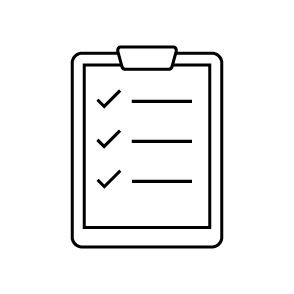Over the years, technology has profoundly impacted how our health care system stores and manages crucial information and communication, increasing the demand for nursing informatics specialists.
This program is not currently accepting new applicants. Updates will be posted in 2026. In the meantime, we encourage you to explore our many other graduate specialties.
Program Overview
At Rutgers School of Nursing, we prepare our graduates to use technology to provide care, create effective administrative systems, manage and deliver educational experiences, support life-long learning, and impact nursing research.
The work you engage in throughout the program will support key stakeholders including, but not limited to, nurses, patients, and interprofessional health care teams in their decision-making across roles and settings using information structures, processes, and technology to achieve desired outcomes. [1]
Upon graduation, students are eligible to sit for national board certification.
[1] American Nurses Association. (2014). Nursing informatics: Scope and standards of practice (2nd ed). Washington DC: Author.

For me, this has just been a perfect fit. I have an extensive career as a bedside nurse. So when I come to put it with technology, for me, it is just like the glue that is putting it all together.
Ann Forbes, Alumna
I chose the Rutgers Nursing Informatics program because I wanted to make a greater impact on patient care. As a charge nurse, I saw how the right technology can empower nurses—and how the wrong systems can hinder their work. This program has enabled me to acquire the skills necessary to redesign workflows, optimize electronic health records, and lead projects that have significantly enhanced safety, accuracy, and efficiency.
One of my recent projects streamlined medication documentation, reducing errors and saving nurses valuable time. Experiences like this have demonstrated how nursing informatics can transform care on every level. Rutgers has given me the confidence to be a strong advocate for smarter, more compassionate healthcare.
If you want to improve patient care through innovation, this program is the place to start.
Loretta Orelien, RN, BSN
Nursing Informatics Student


Meet the Specialty Director
Dr. Ahmad is a nurse, health informatics expert, and nurse leader. During her informatics career, she managed many successful Electronic Health Records implementations around the world.



